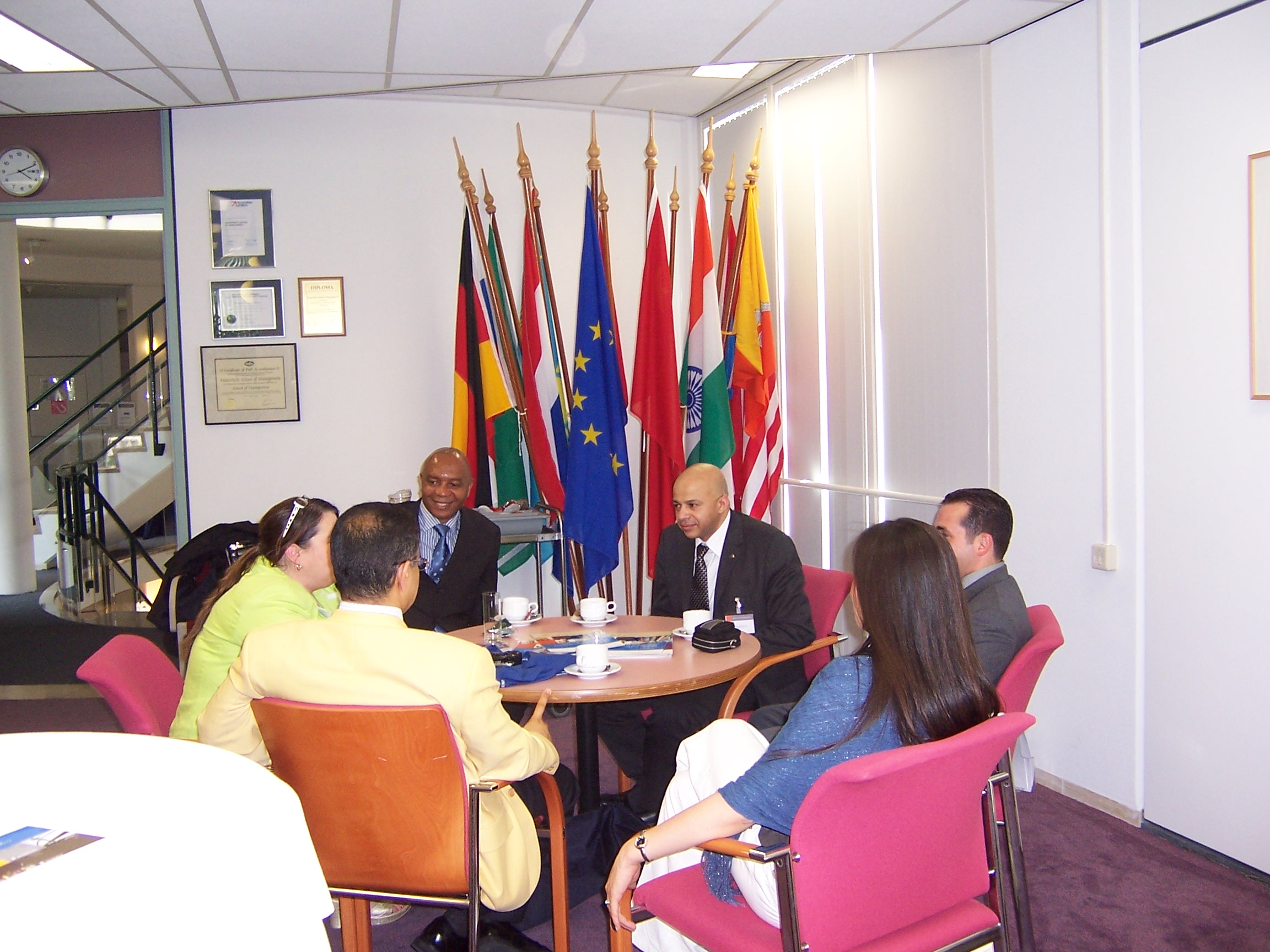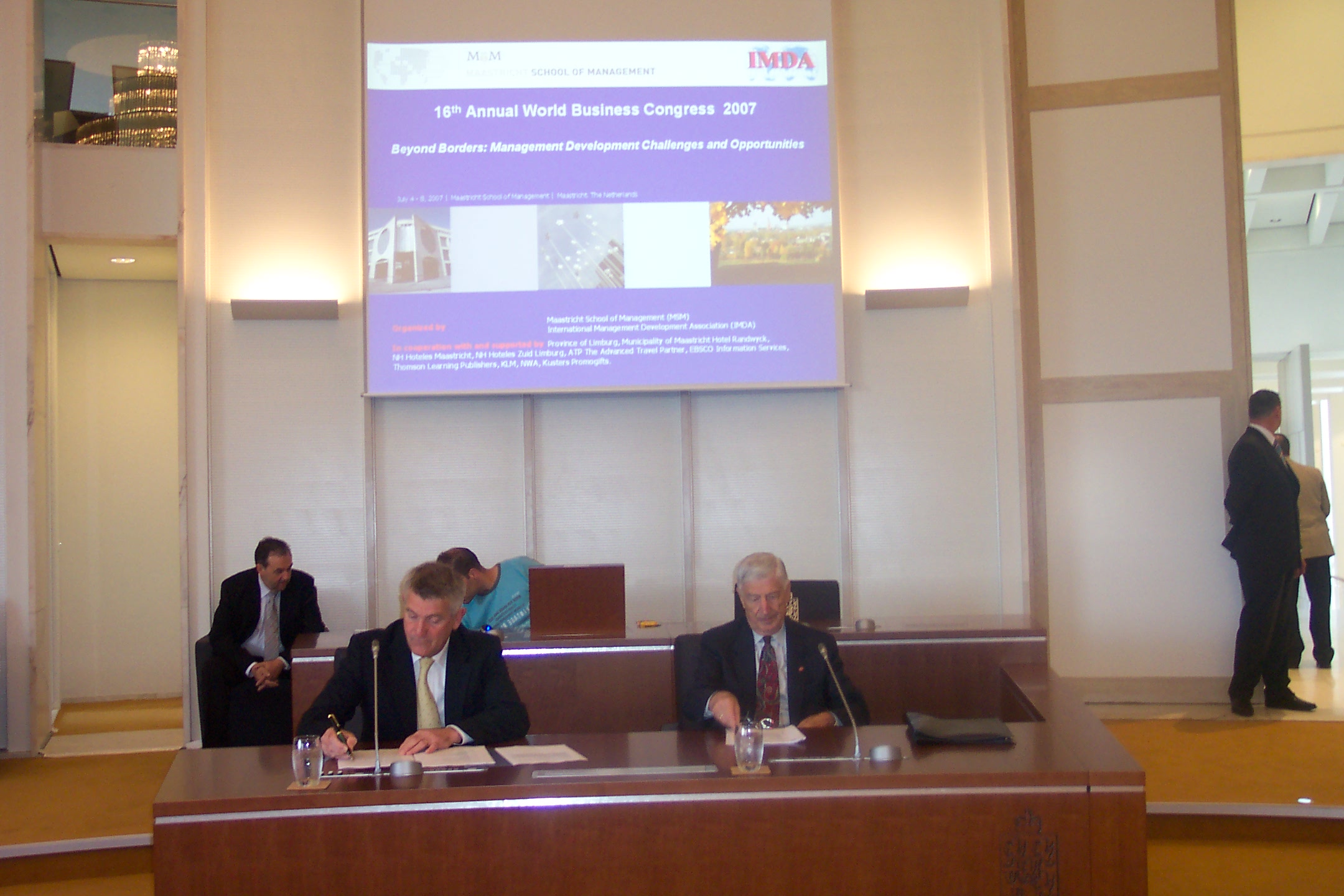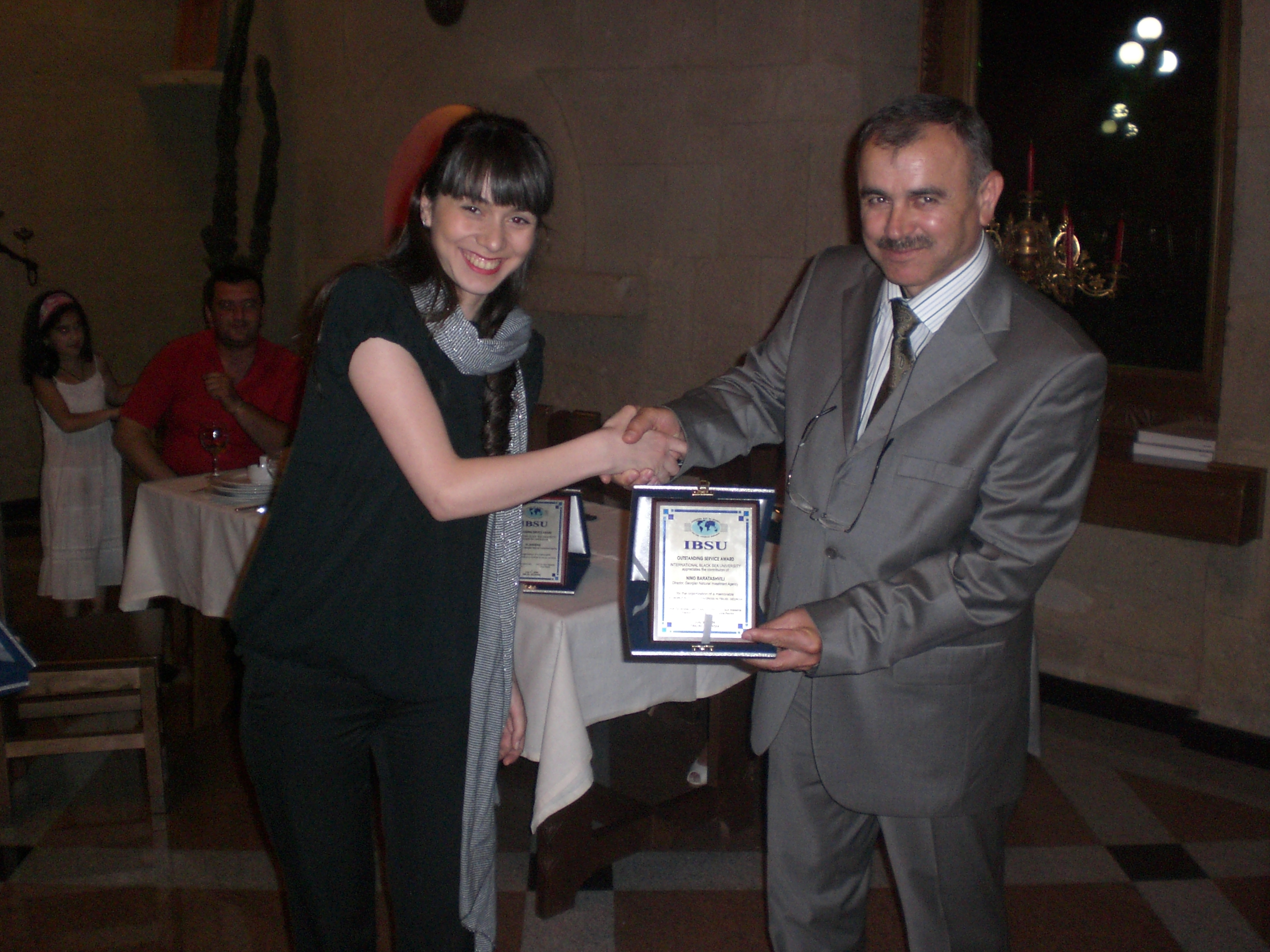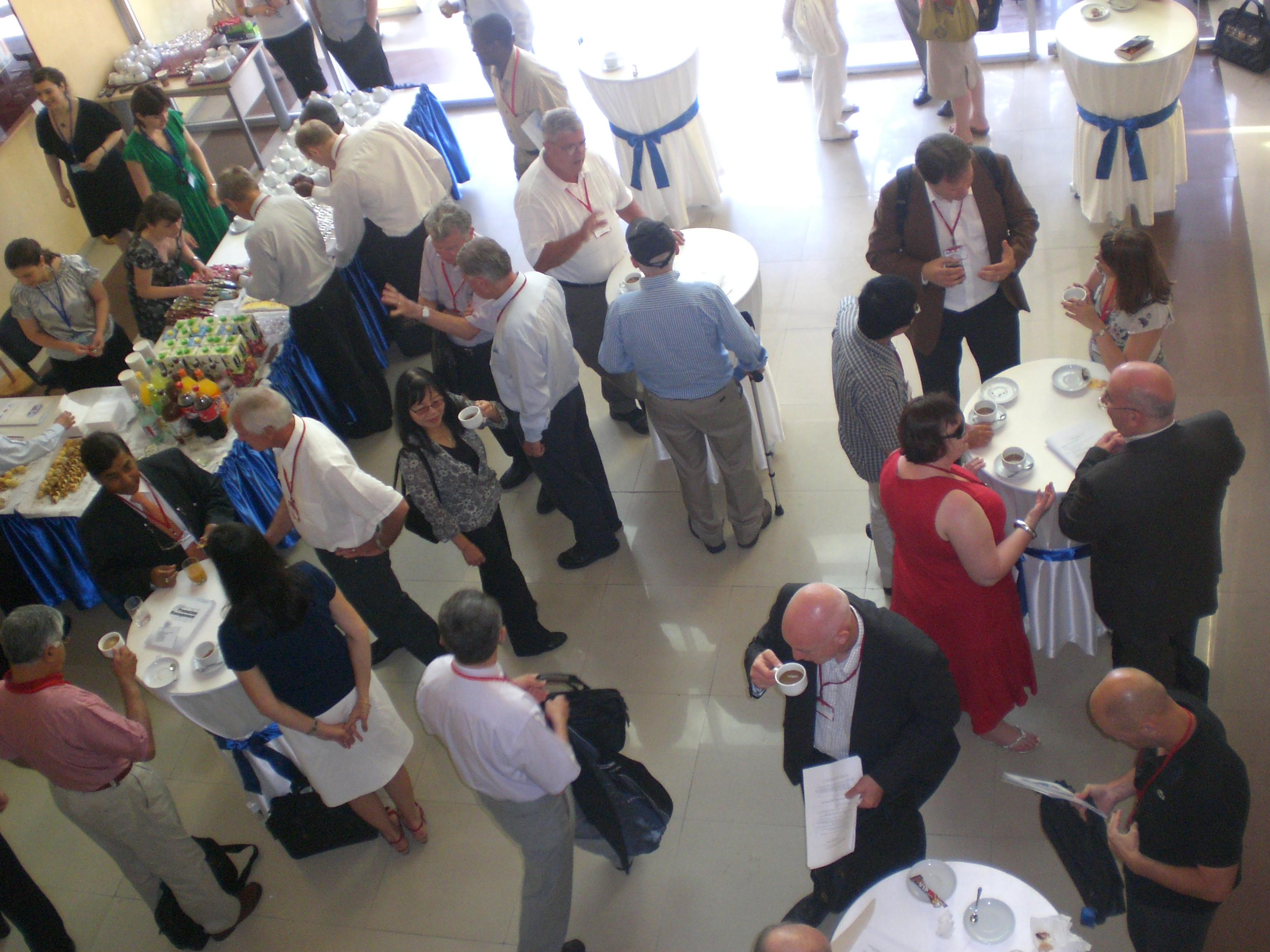The International Management Development Association (IMDA) was formed in 1987 in the State of Pennsylvania to provide an interdisciplinary and global platform for the exchange of ideas in the pursuit of professional growth and opportunities for academics, practitioners, and public policy makers at all levels. The organization is dedicated to offering member benefits and privileges through the development of worldwide personal networks and relationships. Management scholars, researchers, business practitioners and public policy makers representing a wide variety of disciplines, sectors, and industries from five continents have shown great interest and desire in the establishment of this non-profit organization. The Association's mission concerns management development through the transfer of information and knowledge, learning, cooperation and exchange of personnel. The Association is involved with all of the functional areas of business, namely management, finance, accounting, marketing, information systems, etc.




The functions and mandate of the Association are as follows:
- A network for the exchange of information and knowledge and for the collaboration on research and business projects. In particular, the Association serves as a catalyst and provides a link between members from the developed countries and the developing countries.
- The involvement of business corporations and public policy makers enhance the sharing of business knowledge. Emphasis is on management education, the transfer of know-how and technology and practical training.
- The Association promotes and organizes the exchange of professors, administrators and managers between developed and developing countries. This will involve cultural/educational exchanges and the learning and experience of different systems in business management.
- An annual meeting of the Association is held in different countries to bring together people involved in a specific theme or in specific issues of international management development for a particular country or region.
- The identification of consultancy projects in different parts of the world. The Association would assist in matching country needs to the skills of qualified professionals who are members of the Association.
- The publication of managerially-oriented journals and book-series in international management development to disseminate the results of conceptual and empirical research concerning management development around the world. The Association's Newsletter is published to inform members about the activities of members as well as the activities of other sister organizations taking place.
- To seek funding for research and development projects for developing countries. Assist members and member organizations in grant proposal writing.
- To build links between the Association and already established bodies that are active in different parts of the world (e.g.: U.N., World Bank, development banks, ILO, FAO, EFMD, Council of Europe, EFC. OECD and others).
- To establish a continually updated database of professionals with expertise in issues related to international management development.
- The identification of specific priority issues in international management development.
- The implementation of a "Business Planning Center" where representatives of Third World countries and the developed nations would meet for training courses to exchange information and to initiate collaborative projects.
- To organize special executive training and certificate programs in different functional areas of international business.
- Offer professional designations to practicing managers and public makers worldwide.
- Organize world business congresses in different parts of the world and publish the conference proceedings in a book of readings.
- The promotion of the translation of publications relevant to international management issues and development.
- To build a library of material relevant to international business studies and make them available to members.
- To promote and organize the donations of books to developing countries (e.g. for school and institutional libraries).
- To establish scholarships and grants for successful but needy members.
